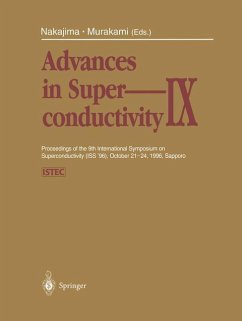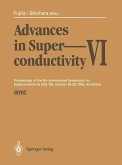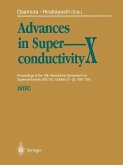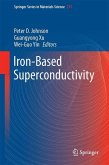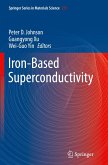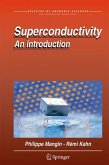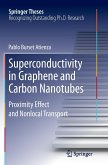C axis Current I ~ . The (11 0) thick homoepitaxial film of 320 nm -------~ ~-=-=--==---==--==--==--- shows a very good surface flatness, which --------·· sJ;1 0] suggests the unique (110) atomic plane helps 2- A [1 1 OJ dimensional epitaxial growth of YBCO films, and shows excellent high Tc. The resultant 1. 0 surface morphology of YBCO is quite different Q ,. -- R(270)=1. 60 m 0 from the (110) heteroepitaxial films of similar 0 0. 0 " thickness [11). In the case of heteroepitaxy ~ . ,,_. 1. 0 irrespective of c-axis [ 12] or a-axis oriented ~ ~. . ,. R(270)=3. 71 m 0 films [5), only thin films show flat surfaces, g 0. 0 . . Tc=92. 3K "' which, however, give usually a degraded Tc due -~ 1. 0 v v I - to lattice mismatching. In conclusion, we have ::1. ,. . . . . R(270)=31. 9 mO succeeded to grow high-quality (11 0) YBCO ~ YBCO film . . Tc=90. 7 K 0. 0 ·;:: YBCO(IIO) 1 0 ·d·--~ YBCO thinfilms on (11 0) YBCO single crystal § substrate ~Xtt=u 1. 0 substra substrates with very flat surfaces and high Tc's. :£ R(270)=40. 1 m 0 0. 0 LLLLL. J. . . . LL~. t-J' L-Tc=9LWO. L-! L-K LLLLL. . . . L. . I. . . . l. . . . L. L. L. J. . . . . L. L. l. . . J 50 100 150 200 250 300 0 ACKNOWLEDGMENTS Temperature (K) One of the authors (T. U. ) would like to thank Fig.
Bitte wählen Sie Ihr Anliegen aus.
Rechnungen
Retourenschein anfordern
Bestellstatus
Storno

